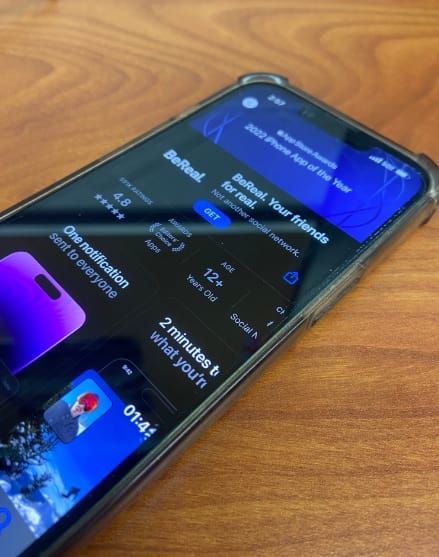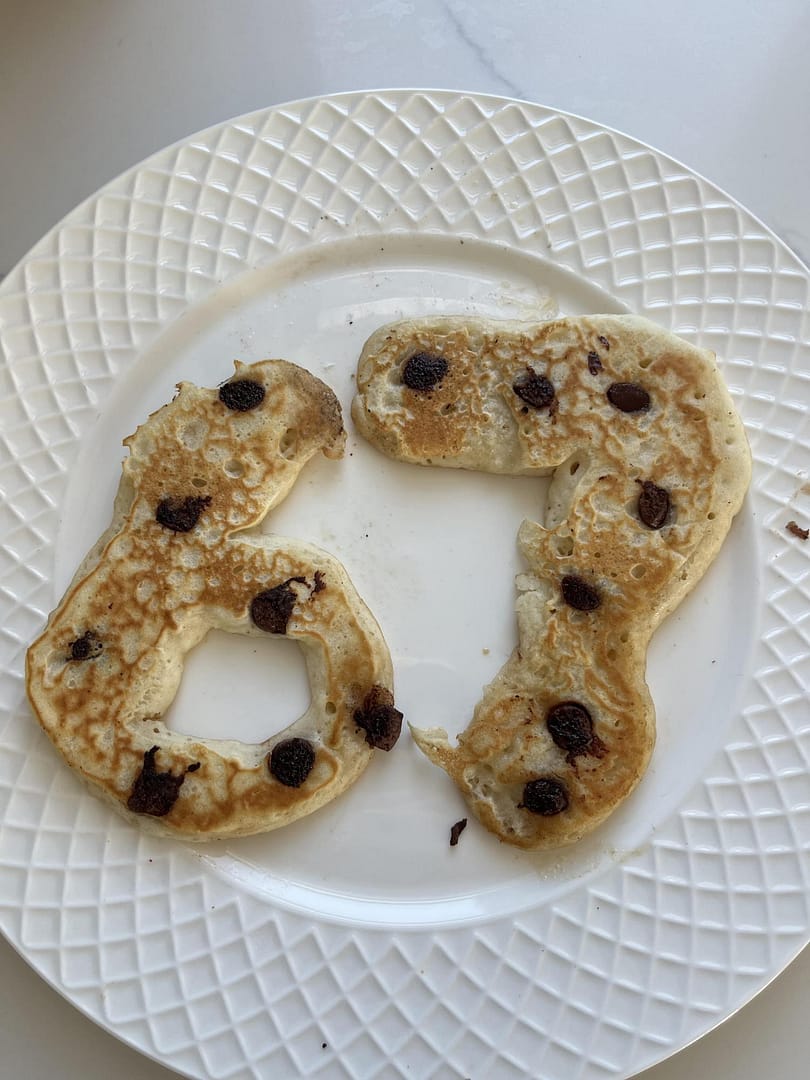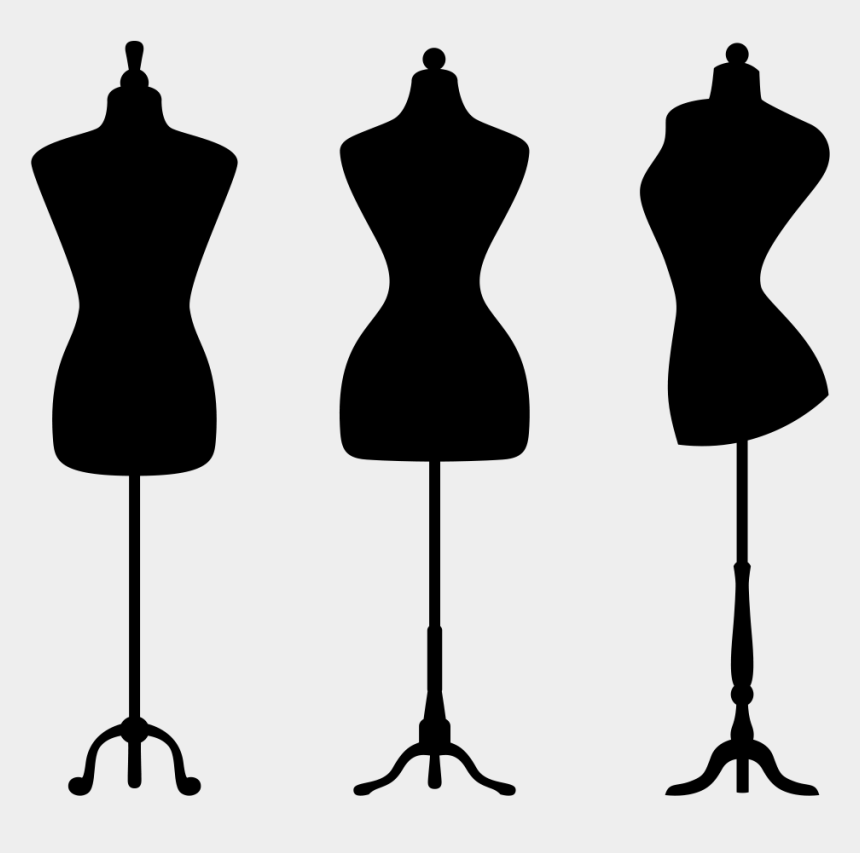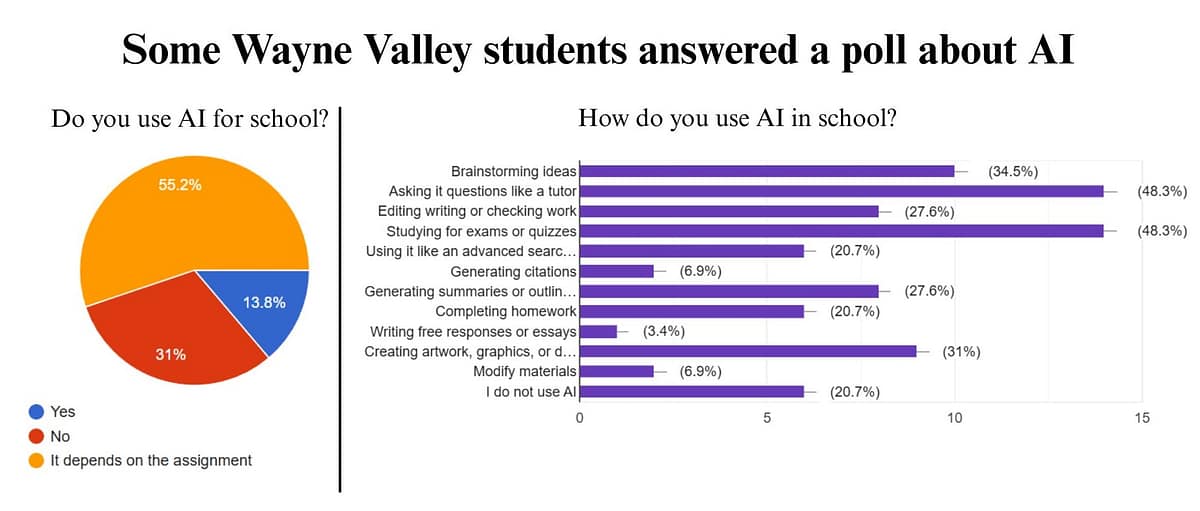
Anonymous social media networks have sparked a big debate. Some people believe they allow free speech and a safe space to share thoughts, while others worry about the dangers they bring, especially for young users.
One major problem with these platforms is cyberbullying. Apps like ASKfm and Yik Yak have been linked to harassment, hate speech, and even tragic cases of suicide. When people can post without showing their real identity, they often feel more confident to be cruel. Victims have no way of knowing who is behind the attacks, and even when accounts get banned, new ones can be made easily.
Another danger is the spread of false information and threats. Anonymity allows people to share harmful content without consequences. Some criminals and extremist groups have used these platforms to spread hate or plan dangerous activities. While being anonymous can protect people in unsafe situations, it can also be misused by those who want to cause harm.
Studies also show that anonymous networks can make people act more harshly. When there are no real-life consequences, users may say hurtful things they wouldn’t say in person. This is known as the “online disinhibition effect,” where people feel less responsible for their words online.
However, getting rid of anonymity is not the best solution. People can still behave badly when their real names are shown. Instead, social media companies need to find a middle ground, like allowing free speech while making sure harmful behavior is controlled. Stronger content moderation, better reporting systems, and greater digital education can help make these platforms safer. Some companies use AI to detect harmful content quickly, but these systems have not been perfected.
In the end, anonymous social media can be both helpful and harmful. It’s up to tech companies, lawmakers, and users to make sure these platforms encourage free speech without allowing harm.
Resources:
- https://learnsafe.com/the-risks-and-dangers-of-anonymous-question-apps/
- https://www.adl.org/resources/backgrounder/backgrounder-how-can-online-anonymity-affect-hate
- https://www.sciencedirect.com/science/article/abs/pii/S0747563223002315











